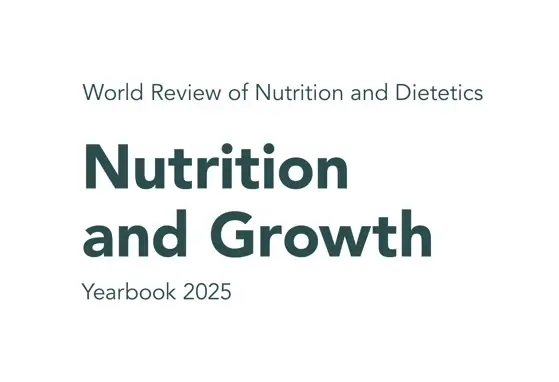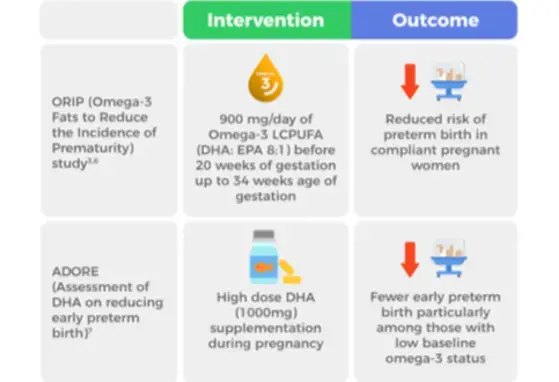Articles and Books


Real-world study in infants fed with an infant formula with two human milk oligosaccharides
Real-world study in infants fed with an infant formula with two human milk oligosaccharides

The Long Search for Evidence Based Nutritional Interventions
The Long Search for Evidence Based Nutritional Interventions

Probiotics for functional gastrointestinal disorders
Probiotics for functional gastrointestinal disorders


Do Human Milk Oligosaccharides Protect Against Infant Atopic Disorders and Food Allergy?
Do Human Milk Oligosaccharides Protect Against Infant Atopic Disorders and Food Allergy?

Time of Lactation and Maternal Fucosyltransferase Genetic Polymorphisms Determine the Variability in Human Milk Oligosaccharides
Time of Lactation and Maternal Fucosyltransferase Genetic Polymorphisms Determine the Variability in Human Milk Oligosaccharides

Long-term effects of hydrolyzed formulae on atopic diseases in the GINI study
Long-term effects of hydrolyzed formulae on atopic diseases in the GINI study


